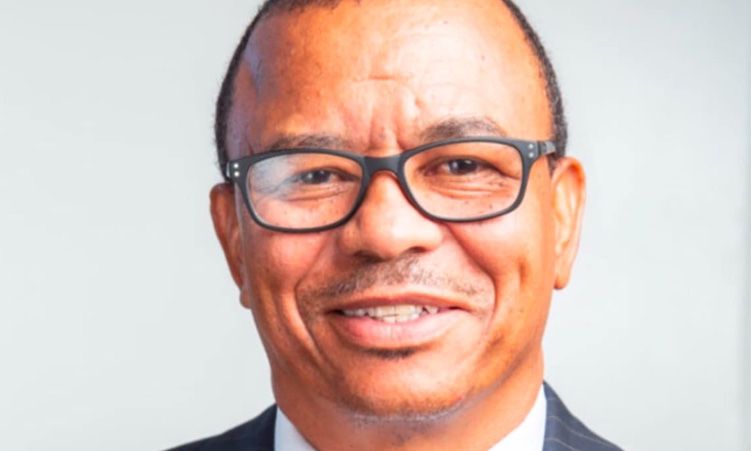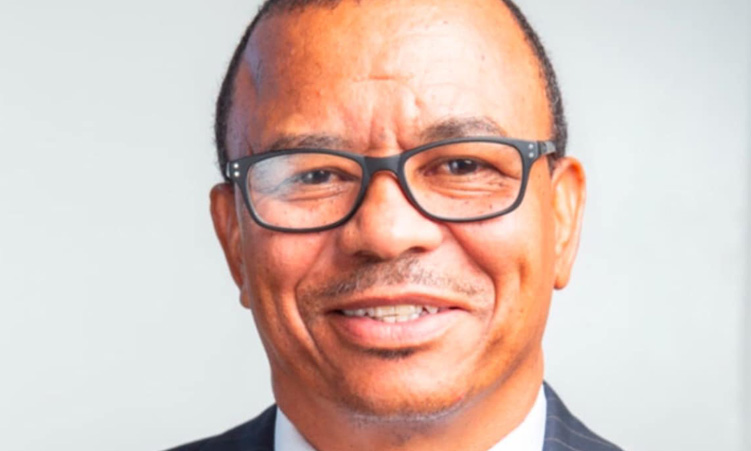Namibia’s oil and gas sector is still looking forward to reaching the production phase – S&P Global analysts don’t anticipate Namibia’s first oil to come until 2029, and the country’s first gas-to-power project is scheduled to begin in 2027.
Before Namibia achieves these hotly anticipated milestones, Namibian lawmakers have the opportunity to implement thoughtful, effective policy to benefit their people.
Local content laws are broad policy tools governments use across many industries.
Namibia is fortunate to be in a position to benefit from the experiences of other oil- and gas-producing states.
The country can use the best practices that have benefited others and learn from their mistakes.
Lawmakers in Namibia have something of an advantage, and they need to capitalise on this.
RECENT FINDS
What’s driving the need for local content directives in Namibia’ nascent oil and gas sector are recent petroleum discoveries, in the Orange Basin, in particular.
That’s where, in 2022, Shell and TotalEnergies made significant finds in blocks Graff-1 and Venus-1, respectively.
While the commercial viability of extracting the oil still needs to be assessed, these initial discoveries have already sparked further exploration efforts.
DRAFTING EFFECTIVE LEGISLATION
Namibia currently has a draft of the national upstream petroleum local content policy, but it hasn’t been passed into law yet.
The ministry is consulting with stakeholders to make revisions that would best serve the country and its people.
The draft reflects the government’s desire to leverage its recent oil and gas discoveries for broader national development.
There’s a focus on achieving a balance between local participation and attracting foreign investment.
Unlike too many other African nations, Namibian policymakers are not throwing roadblocks in the way of exploration companies.
They also realise that the country will reap the benefits of its new petroleum bounty only if all key stakeholders seize this historic opportunity to put the right policies in place and continue encouraging investments in energy.
CHALLENGES AHEAD
Still, Namibia has several key local content hurdles to overcome.
For one, growing and maintaining a successful oil and gas industry in Namibia will require significant investments in infrastructure, workforce development and regulatory frameworks.
Because the complex energy sector requires high initial investment, it can be difficult for local companies to readily participate.
Namibia also needs to invest in training and education programmes to create a skilled workforce.
Without substantial input from external experts, domestic involvement will likely remain limited.
At the same time, Namibian policymakers need to avoid government overreach.
While local content regulations can have positive effects, they can also raise concerns about potential drawbacks, such as increased costs or limitations on competition.
Striking the right balance between local requirements and international competitiveness will be key to success.
TRUST AND COOPERATION
Meanwhile, the energy sector must tread carefully to avoid any backlash from the Namibian citizenry.
Simply focusing on resource extraction isn’t enough.
Oil and gas companies that want to prosper in Namibia must also embrace corporate social responsibility (CSR).
Companies that neglect CSR, risk facing community opposition and protests, potentially delaying or derailing projects.
Conversely, companies with a strong CSR reputation attract and retain top talent, creating a more positive work environment.
That, of course, includes women.
The Namibian government can foster this cooperation by favouring companies with strong CSR initiatives when awarding licences and concessions.
COMMITTED TO NAMIBIANS
As long as the country continues along the path toward local content which the Geingob administration initiated, we might well see it becoming obligatory for companies to provide a local content plan and supplier development plan to be eligible to win contracts.
Consider the recent ultimatum issued by Maggy Shino, the petroleum commissioner of Namibia’s Ministry of Mines and Energy.
“We would like to inform those envisaging to service the Namibian oil industry that local content is mandatory, and that the Namibian government will not compromise on providing opportunities for its people to participate meaningfully in the industry,” Shino said.
In January, Shino shared the vision of the nation’s pathway to first oil. It is evident from her comments to World Oil that her people are foremost in her mind.
“First, we need to build the capacity, both in the local workforce and in the institutions that will help oversee, develop and regulate Namibia’s oil and gas industry.
“We also have an obligation to share up-to-date information with the Namibian people so that they can prepare effectively for first oil production,” she said.
Shino emphasised the importance of knowledge and skills transfer.
She also called on Namibians themselves, tasking them with some amount of self-determination.
“A much bigger obligation is further placed on the Namibian people to ensure that they equip themselves with the necessary skills required. The oil industry is a highly specialised industry with high standards for health, safety and environment, and we will not compromise on the international requirements.
“We must ensure that the industry has an effective local content policy and regulatory landscape so that Namibians reap the fruits of their labour. This is central to sustainable governance.”
On his part, the minister, who has been a strong advocate for local content, focused on the role of Namibians to step up their entrepreneurial skills and personal responsibility.
“Without local entrepreneurs who are curious, innovative, and willing to invest their time and energy in acquiring the necessary skills to succeed, it would be extremely challenging, and possibly even impossible, to embark on our local content journey,” says Tom Alweendo, mines and energy minister.
With this mindset, Namibia’s foray into oil and gas would reignite the country’s sluggish economy by encouraging new investment and revitalising the manufacturing sector.
At the same time, a proactive introduction of solid local content regulations would no doubt foster job creation, help combat energy poverty and promote hope and human dignity for the Namibian people.
– African Energy Chamber
Editor’s Note: NJ Ayuk (also known as Njock Ayuk Eyong), is a figure of public interest in Namibia due to his alleged/reported??? role advising the government on oil and gas policies. The Namibian has published information about Ayuk’s conviction for fraud in the United States (US), which he denies. Ayuk is reported to be close to corrupt oil regimes such as that of Equatorial Guinea. We publich this article not only to present a diversity of viewpoints, but to provide our audiences some insight into the viewpoints of a person so crucial to shaping Namibia’s oil policies. Ayuk has organised events at which the Namibian top government leaders took centre stage, including last year with president Hage Geingob accepting an award from Ayuk’s organization.
Stay informed with The Namibian – your source for credible journalism. Get in-depth reporting and opinions for
only N$85 a month. Invest in journalism, invest in democracy –
Subscribe Now!








